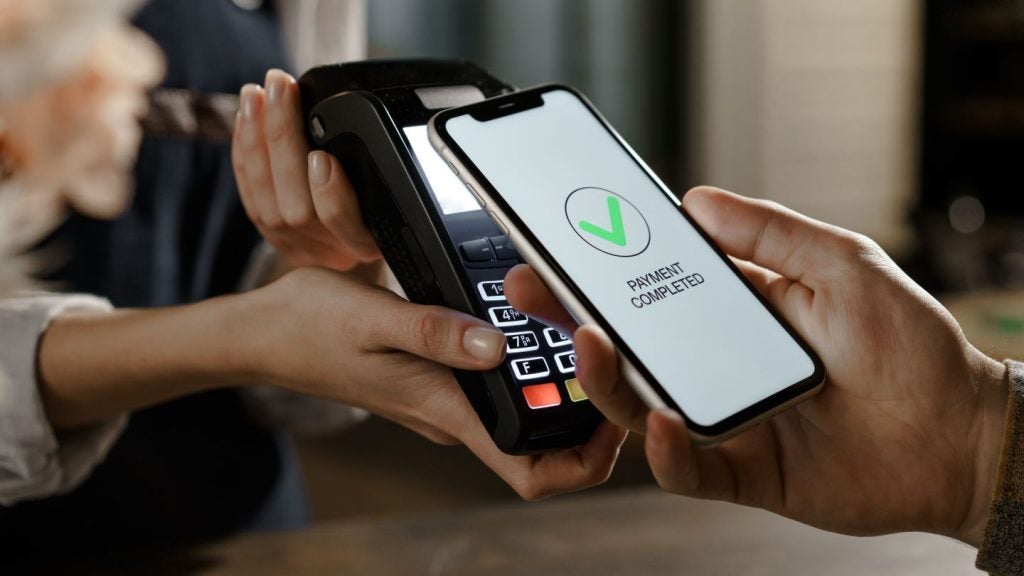Faced with difficult trading conditions, preventing online fraud attacks is a burden that most SMEs can do without and, a new study finds, many are becoming increasingly reliant on banks to fight fraud. Louise Naughton reports.
 Preventing online fraud attacks is a burden most SMEs can do without and, as such, they are becoming increasingly reliant on their financial institutions to put up a fight in the war against cybercrime a war they are a long way from winning.
Preventing online fraud attacks is a burden most SMEs can do without and, as such, they are becoming increasingly reliant on their financial institutions to put up a fight in the war against cybercrime a war they are a long way from winning.
The end-user vulnerabilities associated with business banking fraud is expected to worsen, thanks to the growing popularity of the mobile channel and tablet PCs, according to the 2011 Business Banking Trust Study by online banking security solutions provider Guardian Analytics and research firm the Ponemon Institute.
Some 38% of survey respondents said they accessed their companys online banking accounts from mobile devices, an increase of 15% from the previous year.

US Tariffs are shifting - will you react or anticipate?
Don’t let policy changes catch you off guard. Stay proactive with real-time data and expert analysis.
By GlobalDataBad news for SMEs and banks
Not only does the report claim this data proves banks and businesses will be forced to pay closer attention to managing risks across multiple endpoints and devices, the current fraud situation is said to reveal continued bad news for both SMEs and banks.
"In the last year the industry has not moved the needle in addressing the corporate account takeover and fraud plaguing SMEs and their financial institutions," says the report.
Throughout 2009 and 2010, both SMEs and banks have scrambled to cope with cybercriminals taking over corporate accounts and moving large sums of money overseas through increasingly sophisticated malware and phishing attacks.
The report notes that, while a growing number of banks and credit unions are using more advanced technology to take control of the problem in a meaningful way, it is not a large enough number to move the needle.
Banks are stuck in a lose-lose conundrum, whereby they are losing money and losing customers.
Guardian Analytics and the Ponemon Institute surveyed 533 respondents from SMEs representing many various industries and geographical locations in the US.
Fifty-six percent of US businesses experienced fraud in the last year, with 61% targeted more than once. 75% of respondents said they have experienced online account takeover and/or online fraud.
Worryingly, these figures are almost identical to the 2010 Business Banking Trust Study, an indication that banks and businesses are struggling to make progress in the fight against the fraudsters.
 The report also shows banks failed to catch 78% of fraud cases which involved the illegal transfer of funds or identity theft. A lot of banks, therefore, have had to cope with the productivity-draining and contentious process of asset recovery, remediation and negotiations regarding fault and reimbursement.
The report also shows banks failed to catch 78% of fraud cases which involved the illegal transfer of funds or identity theft. A lot of banks, therefore, have had to cope with the productivity-draining and contentious process of asset recovery, remediation and negotiations regarding fault and reimbursement.
As a result, both banks and businesses are losing money with 31% of businesses losing out due to not receiving any compensation in the last year and conversely banks have had to shell out reimbursement to some 37% of businesses in the last 12 months.
In 22% of fraud cases, banks were successful in blocking funds from leaving accounts and, in only 10% of cases, the bank was able to recover all stolen funds for the businesses involved.
According to the report, US SMEs are beginning to take matters into their own hands. Some 26% now have a dedicated computer for online banking; 49% use dual controls; 21% use positive pay and 55% of businesses practice daily reviews and approval of outgoing transactions.
While SMEs may be starting to take steps towards fighting fraud, only 15% feel ultimately responsible for securing accounts, compared to 70% who believe this responsibility lies with their bank.
Institutions should take control
The most frightening revelation from the report is that there seems to be no second chances for banks when it comes to fraud. Following a fraud attack, 43% of SMEs decided to move their banking activities elsewhere, 10% opted to sever ties with their banks and 33% moved their primary cash management services to another bank.
But the report claims, while overall churn rates were slightly up when compared to 2010 results, there was an increase in the number of respondents that had their relationship with their bank strengthened following an attack.
"Institutions should take control of the fraud problem," says the report. "Neither loss is good for the ultimate health of the institution, especially customer losses and their lingering reputational impact."
So banks may still have to be the hero in the fight against fraud. But this can only be possible if they start to take steps towards addressing the very real and devastating threats cyber attacks inflict on businesses.








